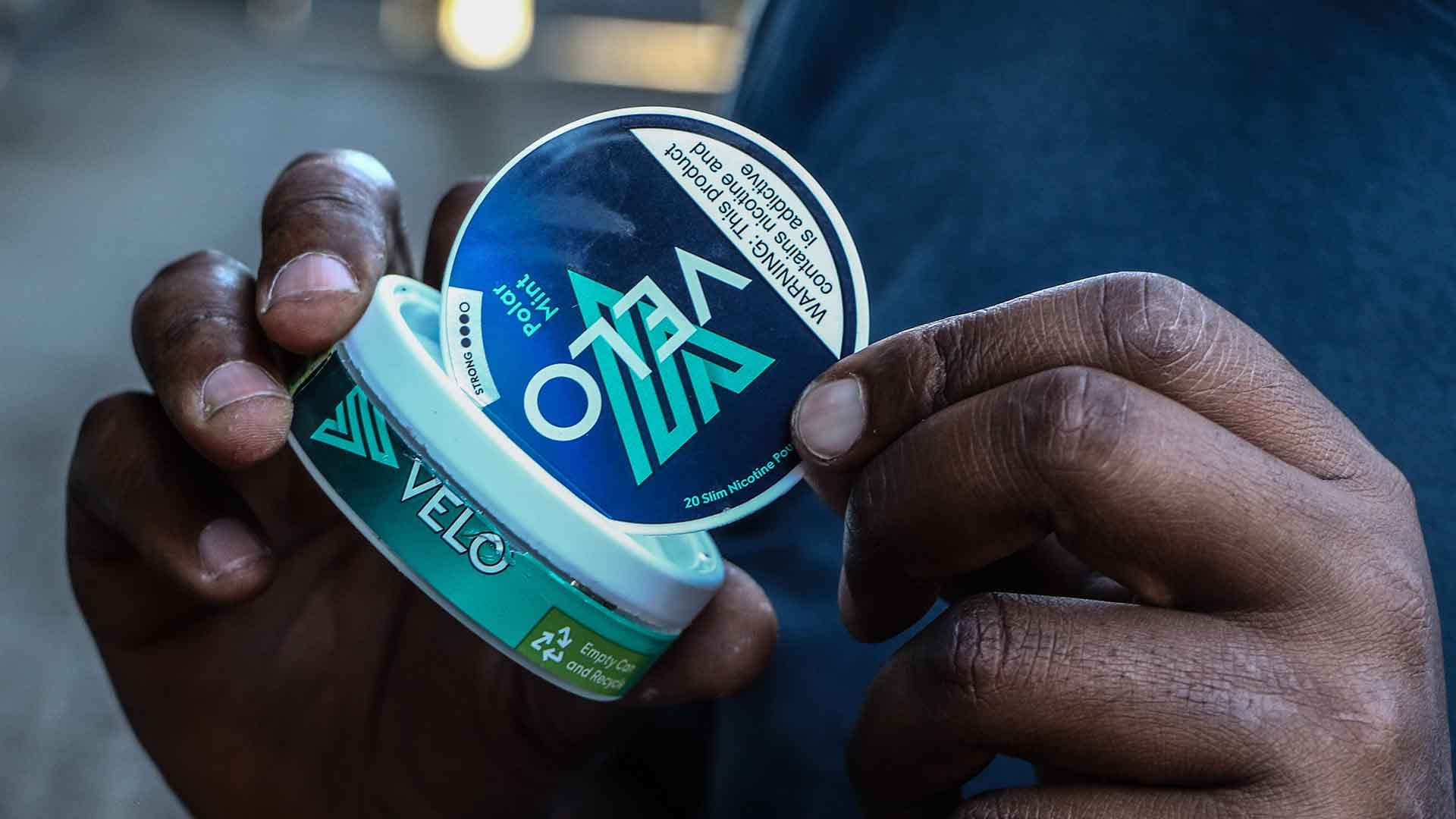British American Tobacco says it will sell factory machinery for locally producing nicotine pouches in Kenya, amid a dispute about proposed health warnings on the products.
The company said in a recent financial update that it is selling off the machinery because the “commercialisation” of its nicotine pouch factory was “impeded” due to “regulatory uncertainty.”
The announcement follows a joint investigation by The Examination, Africa Uncensored and The Guardian that found the Kenyan government had previously weakened health warnings on the pouches after British American Tobacco threatened to pull investment from a new nicotine pouch factory in the country’s capital.
The government is now considering new graphic health warnings on the nicotine pouches, which have proved especially popular among the urban youth of Kenya, and particularly among girls.
BAT was planning on opening a local manufacturing facility in Nairobi to make the pouches locally and distribute them across the region. The company imported the products from Europe until October, when the Kenyan government began impounding the pouches.
The health impact of nicotine pouches is still unclear, but some studies show they do contain cancer-causing compounds – and they are an addictive product. The tobacco industry argues they are much less risky than cigarettes and it is promoting them as a “harm reduction” product.
BAT previously claimed it had invested 2.5 billion Kenyan shillings ($15 million) in a state-of-the-art facility to produce the pouches. Activists have cast doubt on the scale of the investment and believe a section of BAT’s existing cigarette factory was converted to produce nicotine pouches.
BAT has been threatening to withdraw its investments from Kenya and that has been a way of intimidating the government into submission.
Joel Gitali, Kenya Tobacco Control Alliance
The company’s Kenyan subsidiary has said its pre-tax profits fell by 916 million Kenyan shillings ($7.1m) for the six months ending June 30th. It blamed a strengthening Kenyan shilling against the dollar and a suspension of its sales of its nicotine pouches in Kenya.
In its trading update, BAT said it has “accepted offers for sale” of its nicotine pouch machinery in order to “protect shareholder value.”
BAT’s nicotine pouches are sold under the brand name “Velo.” They were previously known as “Lyft.”
Tobacco control activists familiar with Kenya and BAT say they suspect the company’s notice that it intends to sell off the equipment is an effort to pressure the government for concessions, including weakened health warnings on packaging.
“BAT has been threatening to withdraw its investments from Kenya and that has been a way of intimidating the government into submission,” said Joel Gitali, chair of the Kenya Tobacco Control Alliance. “The government of Kenya really wants to attract foreign investors, it wants to promote manufacturing and create job opportunities.”
Gitali said that if BAT does sell the nicotine pouch factory equipment in Kenya, which was due to also supply neighboring countries, it will be “good for us and good for the region” as a local factory would have increased access to the pouches.
BAT declined to comment for this story.
The science around the health effects of nicotine pouches is still emerging and most of the studies conducted so far have been commissioned by the tobacco industry. This research suggests the products expose users to less toxicants than smoking, but concludes that more studies are needed to determine if they reduce the risk of disease.
Subscribe to our newsletter
Global health reporting, straight to your inbox
The few independent studies on nicotine pouches have revealed the presence of cancer-causing tobacco-specific nitrosamines (TSNAs) in most brands. TSNAs are compounds that form naturally when tobacco is processed – in the case of the pouches, when nicotine is extracted and added in.
Cyprian Mostert, an assistant professor of health economics at Aga Khan University’s Brain and Mind Institute, who has carried out research on nicotine pouches’ popularity among young people in Kenya, warns that “a lot of youth that use these pouches are very addicted to these products.”
BAT’s nicotine pouch brand Velo is no longer for sale in Kenya but nicotine pouches can still be bought on the black market.

